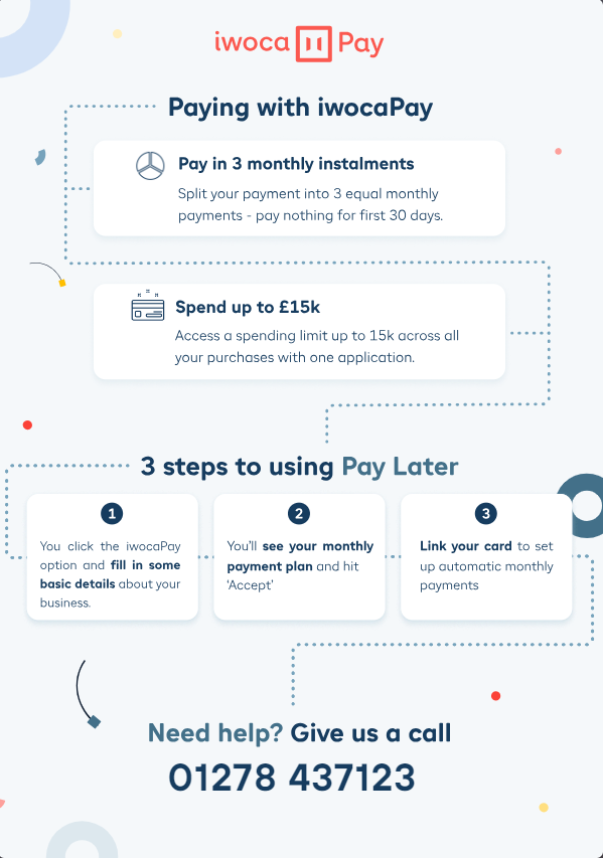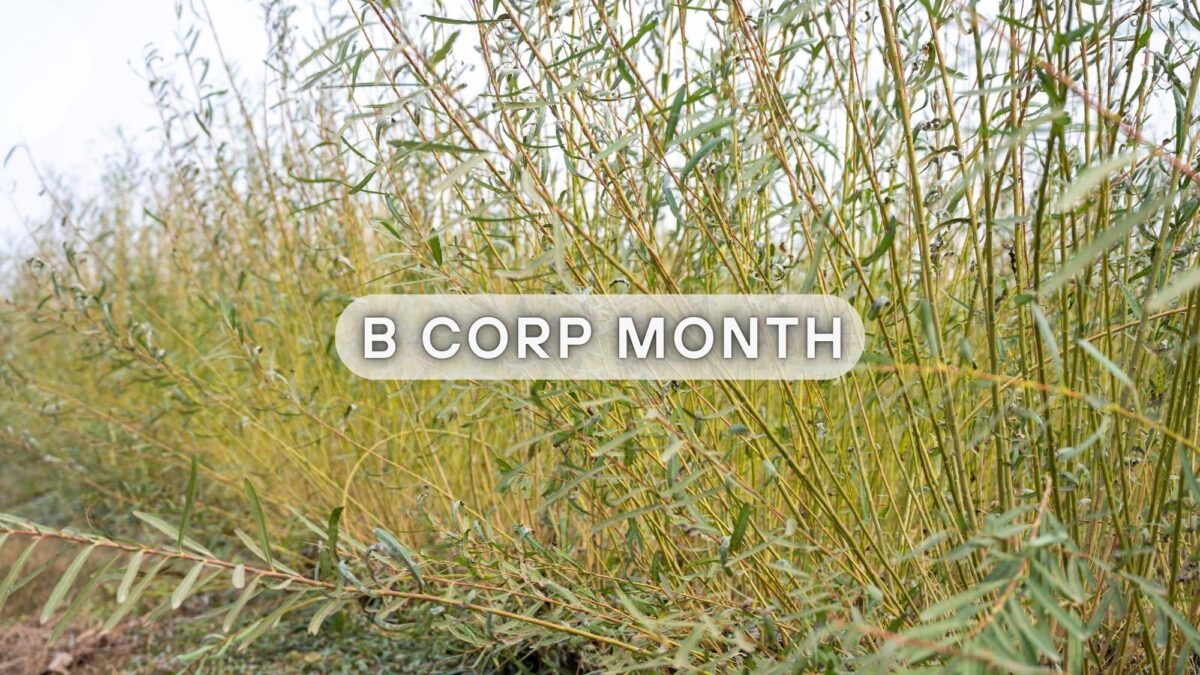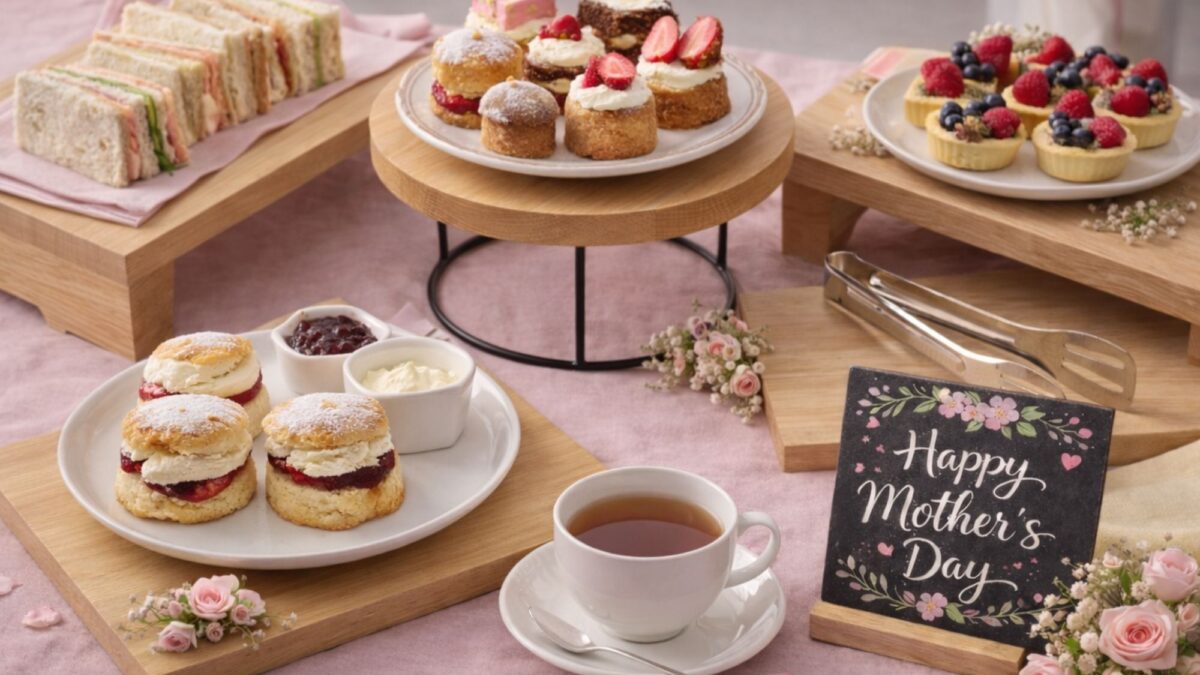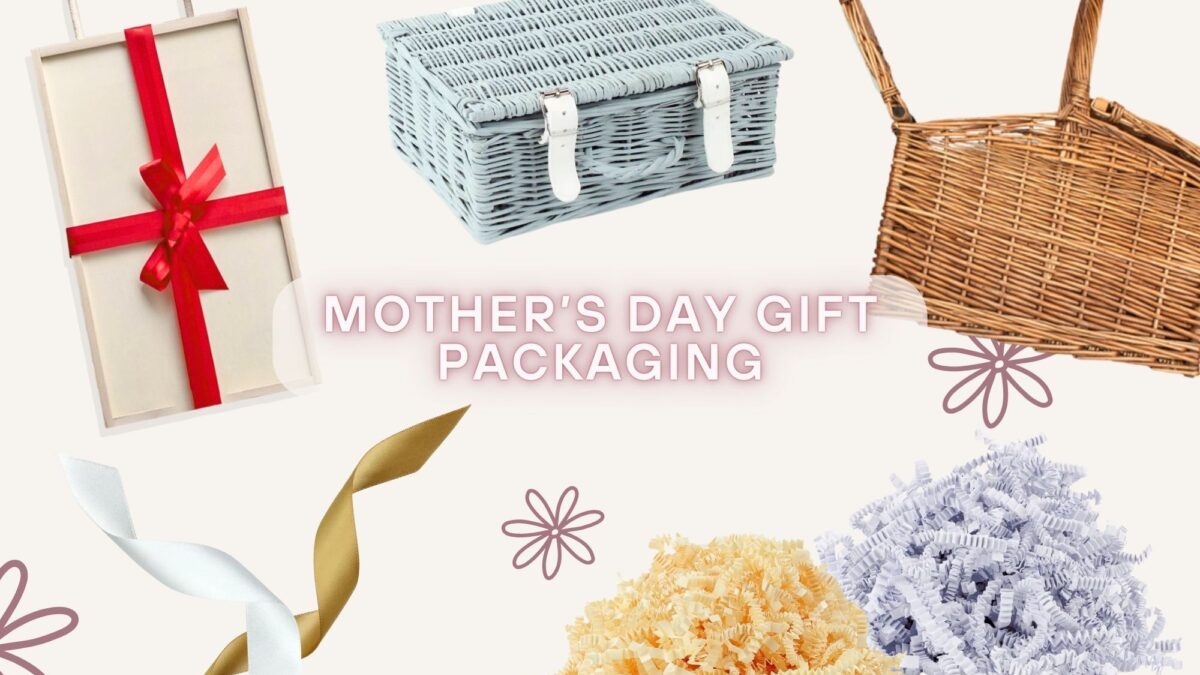- <
- Blog /
Sustainable Gift Packaging 2025
13 January 2025
As we enter 2025, your business outlook should consider sustainability as a major factor. We’re not just talking about the materials used in your gifting range but also the production journey and certifications to look out for when it comes to purchasing from suppliers.
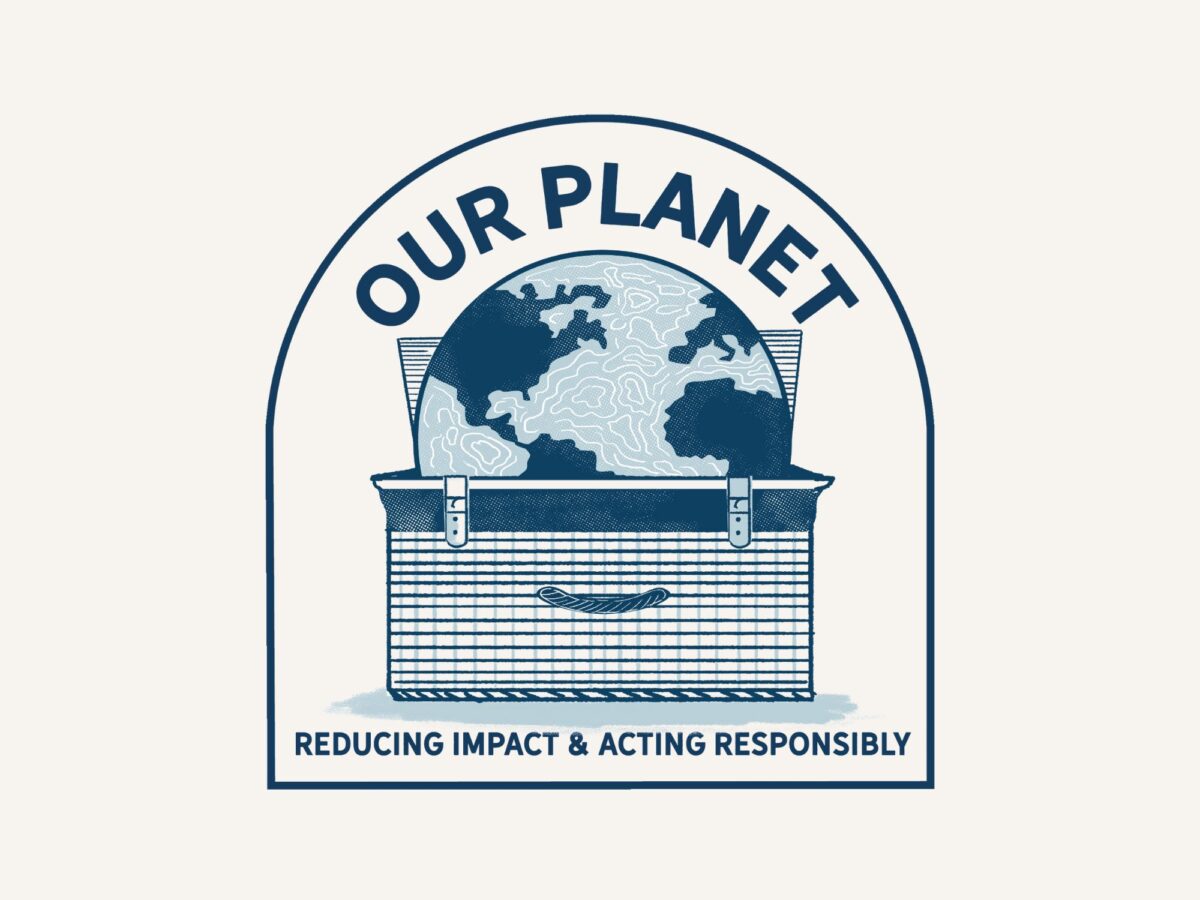
As well as the above, within this post, we’ll delve into how more minimalist designs within your packaging could help your sustainability gifting range and the all-important reusability factor. Let’s unwrap the possibilities of sustainable gift packaging in 2025…
Certification = traceability
An easy way to know if your supplier would be considered sustainable is the certifications they have. It shows full traceability and accountability. It also offers you an opportunity as a gifting brand to use these certifications as part of your own story.
Certifications we hold that are a good sign of a sustainable business (if we do say so ourselves):
- B Corp
A certified B Corporation is a company that has been verified by B Lab to meet high standards of social and environmental performance, transparency and accountability. We achieved B Corp in 2024 and will be sharing our impact report with our customers early this year.
- Planet Mark
Planet Mark certification helps businesses gain independent reassurance for their carbon footprint to have credible figures. We have already recertified for Planet Mark this year and have seen a huge decrease in our emissions. It’s a great way for us to collate data and look at how improvements can be made.
- Sedex
Sedex's technology, data insights and services help build socially and environmentally sustainable businesses and supply chains.
- Gold Standard
Gold Standard sets the standard for climate and sustainable development interventions to quantify, certify and maximise impact.
We have also received certification from Good Business Charter, Better Business Act and Living Wage Foundation and would recommend you look out for these with your suppliers. Find out more here.
The whole journey
It’s not just about the product. How it gets from A to B is a huge factor and must be considered if you’re trying to hit your own sustainability goals. As our products come from Europe and the Far East we take care in how we get them to our clients here in the UK.
We reduced air freight shipment in 2024 (and will continue to do so) by not sending as many samples. By adding a designer to our team we’ve been able to give our customers more accurate artwork to lessen the need for product samples.
We also use ocean freight that goes via routes that have a lower mileage and footprint, if available. We book our stock onto vessels with eco-friendly fuel when we can. Find out more about our key principles here.
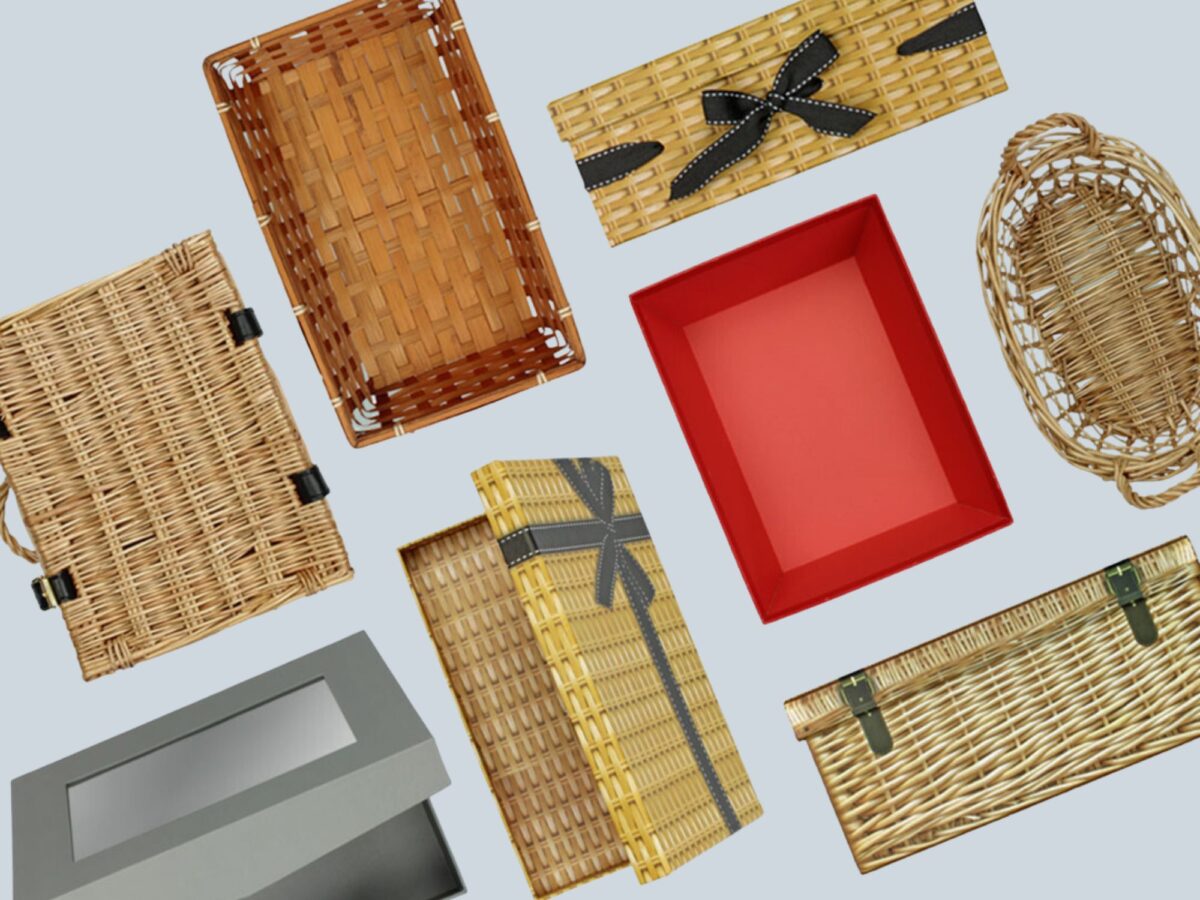
The reusability factor
If you’re putting together a hamper range then you must make sure it has the reusability factor. For your business, reusability enhances the perceived value of your products. Consumers appreciate packaging that serves a purpose beyond the initial gift.
Also, reusable designs align with the growing consumer demand for eco-friendly practices, helping you build loyalty and showcase your commitment to sustainability. As we’ve said many times, our products are all made with after-use in mind.
Our iconic wicker hamper baskets end up in 1000s of homes all around the country whilst cardboard hampers can be reused for storage within your customer’s homes. Bamboo and slate boards provide a great base for presenting visually appealing food hampers, the boards themselves complete the gifts and could be reused in the recipient’s kitchen.
Minimalist Design
If you're looking to incorporate a new hamper into your range, keep the design simple. Not only does this mean you can keep costs down but it lessens its impact on the environment. For example, switching a hamper with plastic inserts to a hamper with shredded paper or wood wool can have an incredible effect.
Try to keep the colours you use and the hamper design to a minimum. Simplistic designs often use fewer resources, such as inks, dyes and other decorative elements, many of which are petroleum-based or chemically intensive. Whilst we often work with clients on creating bespoke hampers and packaging, we’re always mindful of the impact our designs can have and will always advise the best way to keep that impact as low as possible.
